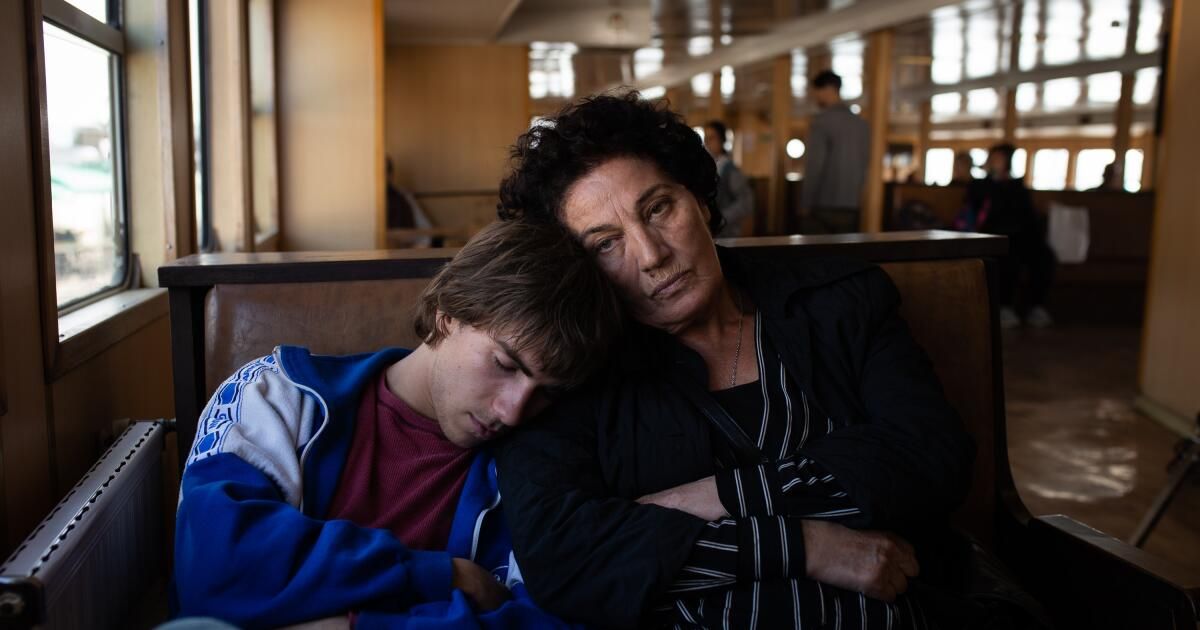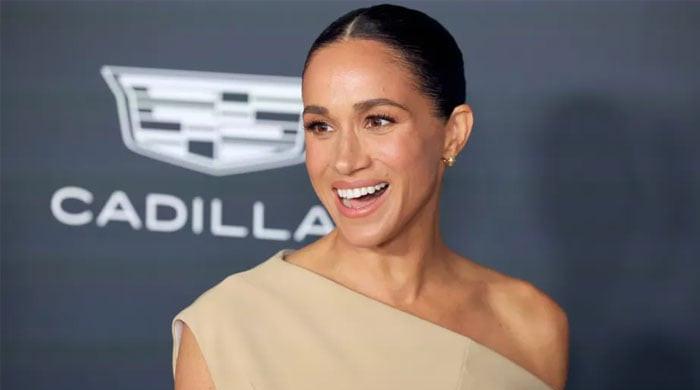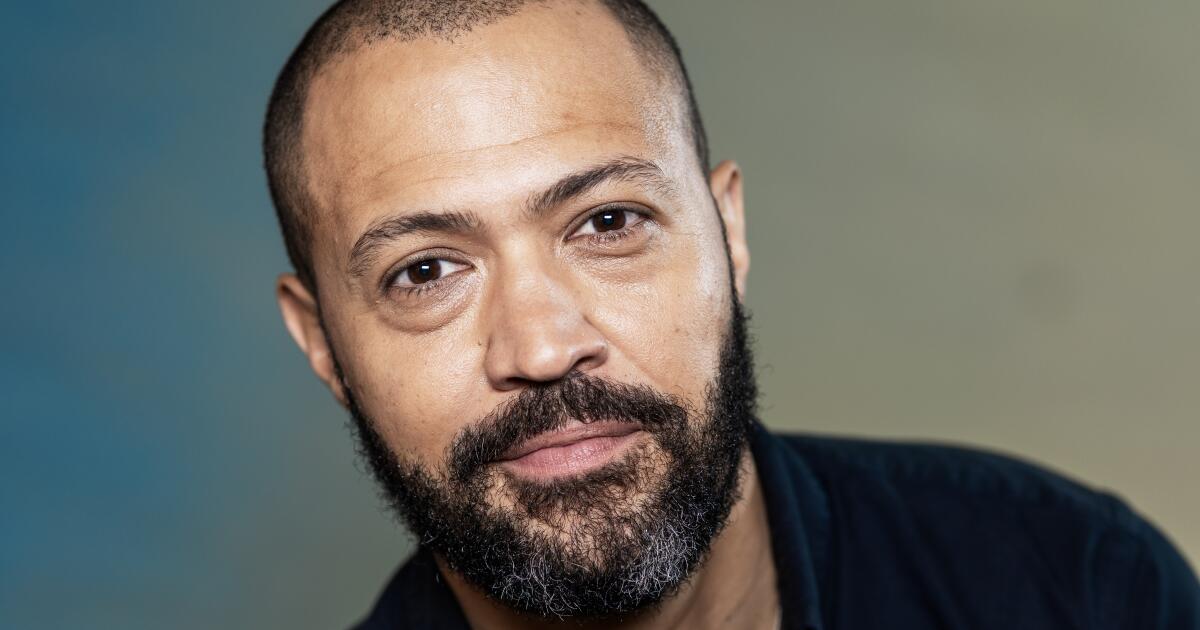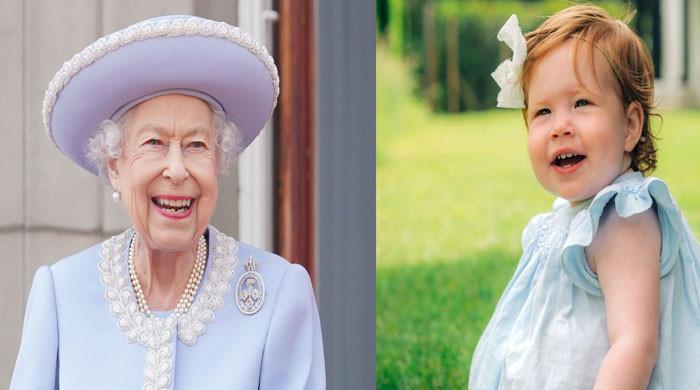We know what usually happens in movies when characters go looking for missing loved ones. Surprise: They find themselves. End of search. But something more nuanced emerges in relation to our internal compasses in filmmaker Levan Akin’s “Crossing,” about a retired Georgian schoolteacher trying to locate her transgender niece in Istanbul. It’s what gives the open naturalism of this compassionate, cautiously hopeful film a wonderful, pulsating humanity.
Serious-faced and dignified, Lia (Mzia Arabuli) doesn’t have much information to go on, only the rumours of a restless young operator named Achi (Lucas Kankava), who tells her that her niece Tekla, whom she knew as a local prostitute in the Black Sea port city of Batumi, has probably moved to another country. Lia reluctantly adopts the arrogant Achi as a translator and companion – her border excursions with tourists have given her a passing grasp of Turkish and English (plus, Achi wants to get out of Georgia) – and sets off with stoic determination. The question surrounding this search, though, is whether Tekla even wants to be found.
For what is also refreshingly clear in Akin’s account is that Istanbul’s dense population makes it easy to disappear. One person’s acute sense of absence is perhaps an opportunity for another to step in, as evidenced by the encounter between Lia and Achi, sex workers who stick their heads out of apartment windows to assess these visitors, like a colorful urban advent calendar. The atmosphere simultaneously projects wariness, liveliness and community.
Akin, a Swedish filmmaker whose family is originally from Georgia, knows this is a story tinged with sadness about lives that have been excluded and marginalized. But his broader vision begins from a place of optimism about what curiosity breeds. “Crossing’s” first long, quiet shot, after the comedic, provocative mood of the first few minutes, comes as Lia and Achi board one of Istanbul’s intercity ferries, and cinematographer Lisabi Fridell’s camera lets our mismatched duo roam the decks so we can feel the peaceful spirit of lives in transit: tea being poured, passengers talking, a child plucking a string bağlama as water rushes past him.
It’s a graceful transition for a film about going somewhere, letting a journey open you up to new possibilities. The sequence focuses on the film’s other significant figure on that ferry, Evrim (Deniz Dumanli), a trans lawyer working for an NGO. She’s the film’s most ambitious character, and she navigates difficulties (like the bureaucracy of getting hospital administrators to approve her identity) with friendly aplomb, finding love with a kind-eyed taxi driver. Crossing paths with Lia and Achi, Evrim knows how to help.
“Crossing” begins with a tough-willed woman trying to bridge a terrible distance, but it’s measured in incremental expressions of closeness everywhere — across generations, between strangers, and between each person we meet and their possible futures. (Even a stray cat plays a connecting role.) Whether day or night, there always seems to be a light bathing someone’s face or calling out to them — a visual touch I came to appreciate in a film that could easily have taken a more hopeless route considering its harsh backdrop.
Akin’s previous film, the queer-themed, Tbilisi-set character study “And Then We Danced,” showed how tender his approach to LGBTQI+ stories is, keeping sentimentality at bay while seeking well-earned smiles. And if you’ve seen that film, which critiqued the homophobic strictures of traditional Georgian dance while celebrating the form’s joyous display, you won’t be surprised that “Crossing” also finds time to bring its pair of weary Georgians to their feet. Lia may not technically be searching for her niece on a restaurant dance floor, but as Arabuli’s exquisitely spun, gently creaking performance shows, the life she exhibits is her own discovery.
'Crossing'
Unrated
In Georgian, Turkish and English, with subtitles.
Execution time: 1 hour, 46 minutes
Playing: Opening Friday, July 19 at Laemmle Royal, West Angeles












